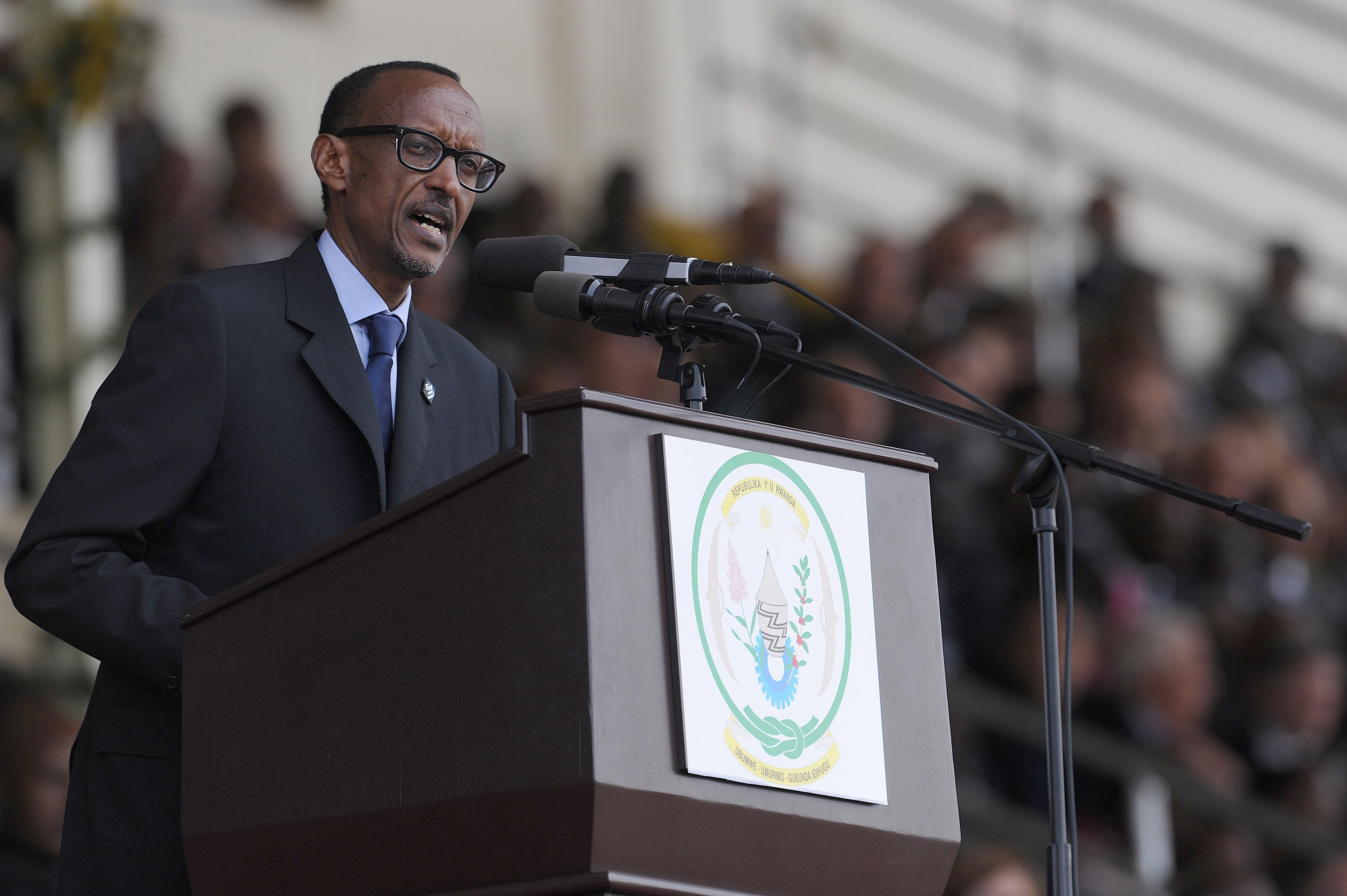Commemorations have begun in Rwanda for the 20th anniversary of the start that country’s brutal genocide, during which an estimated 800,000 ethnic Tutsis and their allies were killed in the span of about 100 days. The grim anniversary is an apt moment for members of the international community to reflect on their role, if they have one, in preventing or halting atrocities around the world.
The Rwanda commemoration events this week have specifically highlighted the legacy of fraught relations between postcolonial African governments and European powers.
French justice minister Christiane Taubira had been planning to attend the ceremonies in Kigali today, but her country’s Foreign Ministry announced yesterday that “under these conditions,” she would not take part. The “conditions” refer to comments by President Paul Kagame, who said in an interview over the weekend that both France and Belgium had a direct role in the “political preparation for the genocide.”
Kagame accused France of being complicit in the killing of Rwandans who tried to escape through a French-controlled region of the Belgian colony, adding: “they didn’t do enough to save lives during the genocide.” France helped arm the Hutu-dominated Rwandan government from 1990 to 1994, a fact that it officially acknowledged in a 1998 parliamentary report.
Belgium has had a more effective reconciliation with its former colony, aided by Belgium’s formal apology in 2000 for failing to prevent the bloodshed.
Relations between Rwanda and France never fully normalized after the 1994 genocide. In 2006President Kagame’s government broke off diplomatic relations with Paris when a French judge accused Kagame, among others, of plotting to kill President Juvenal Habyarimana (whose death set off the massacres). It was three years before formal relations resumed.
Just last month, however, a French court convicted a former Rwandan intelligence officer for participating in the genocide. It was a watershed trial, praised by Rwanda’s justice minister at its start as “history being made.” In light of the ongoing rapprochement between the two countries, therefore, Kagame’s recent comments seem perplexing to French officials.
President Kagame is a controversial figure. He has been showered with international praise for leading Rwanda through impressive periods of development and encouraging reconciliation rather than revenge. (Bill Clinton called him “one of the greatest leaders of our time,” and Tony Blair called him a “visionary leader.”) But his authoritarian tendencies have also become apparent, and his government is widely believed to provide support to rebel forces in the neighboring Democratic Republic of Congo, thereby fueling further conflict there. That prompted a partial freezing of European Union aid to Rwanda last year, a move Kagame called “blackmail.”
This week’s row further darkens the shadow hanging over French efforts to stem sectarian violence in the Central African Republic, a former French colony. Many observers fear that the conflict there could escalate into a Rwanda-esque bloodbath, and some have questioned the commitment of France, among other European states, to protecting civilian lives there.
Amid competing militias, French forces have struggled to determine their appropriate role—meanwhile, their involvement is deeply unpopular within France. In international arenas there has been outcry in response to massacres, yet European and other allies are reluctant to join. Perhaps the commemoration ceremonies in Rwanda will serve as a reminder to those allies that the burden of preventing atrocities is a shared one.
